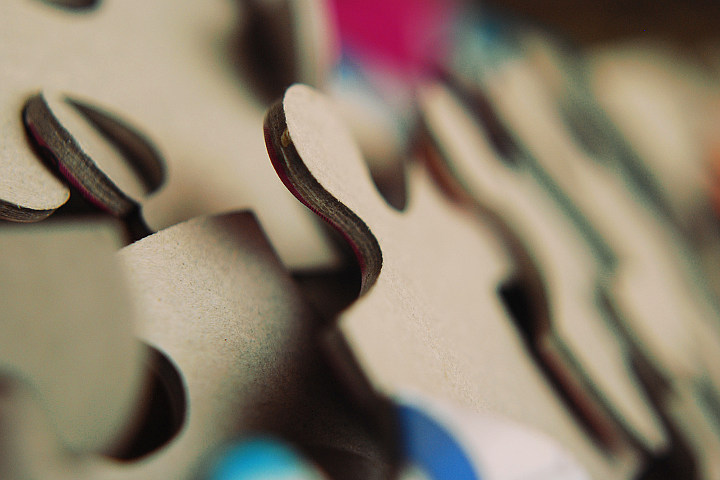
Premises liability is a theory of negligence that usually arises in personal injury claims made by an injured person when the injuries that they claim occurred on property owned or occupied by somebody else. Premises liability claims in Virginia are based on allegations that the owner or occupier of land knew or should have known of dangerous or defective conditions on their property and failed to take reasonable measures to remedy the condition.
The owner or occupier of real estate isn’t a guarantor of your safety when you’re on the premises that they occupy or control. An unsafe or defective condition in and of itself doesn’t constitute negligence either. You must be injured by that condition and be able to prove negligence and legally recognized damages.
Types of premises liability claims
A wide variety of claims can fall under the purview of premise liability law. They’ll include but not be limited to:
- Slip and falls and trip and falls
- Swimming pool accidents
- Amusement park accidents
- Elevator and escalator accidents
- Exercise and rehab equipment accidents
- Injuries or deaths from fires
- Dog bites
- Toxic fumes and bacterial diseases like Legionairres’ disease
- Inadequate security
- Accidents in and around your home
Most states impose a duty on an owner or occupier of land to use reasonable care in maintaining and caring for their property. A minority of states apply different standards of care on that owner or occupier of land depending on the status of the person claiming to be injured. In those states, the status of the injured party is classified as an invitee, licensee or trespasser.
Invitees
These are members of the general public that are invited by the owner or occupier of the land where they were injured. This status usually involves some type of commercial purpose, but the invitee might also be a social guest who was invited to a home by a homeowner or a family member. Invitees are owed the highest duty of care. They’re owed a duty of reasonable care to protect them from conditions on or about the property that they wouldn’t ordinarily discover on their own.
Licensees
The bare licensee enters the property of the owner or occupier of land with either express or implied consent but for the licensee’s own purposes and design. Something less than an ordinary duty of care is owed to the bare licensee. The owner or occupier of the premises might only be required to warn the bare licensee of a dangerous or defective condition on the premises if the owner or occupier knew of it. If the licensee is a social guest, the standard of care moves back up to a reasonable degree of care.
Trespassers
A trespasser has no invitation or license to be on the property. Well established law holds that the owner or occupier of land has no duty to a trespasser unless the trespasser is a child. If the trespasser isn’t a child, the owner or occupier owes no duty except to refrain from willful and wanton acts or omissions that can injure the trespasser. If the trespasser is a child, a duty arises to avoid injury to the child if the injury was reasonably foreseeable with a likelihood of it being caused by an artificially created condition on the property.
Slip and Fall Accidents
Slip and falls and trip and falls are the most common types of premises liability claims. In a slip and fall, the injured person falls backwards and usually sustains head, neck, shoulder and back injuries. In a trip and fall, they fall forward, and they usually suffer hand, arm, shoulder and facial injuries. Dog bites might be the second most common type of premises liability injury. Many states have dog bite statutes that make any bite a strict liability offense. Most states and municipalities also have swimming pool statutes. They’re primarily intended on protecting children by requiring appropriate fencing and locking gates. Inadequate security cases usually arise from criminal acts that occur in condominiums, apartments, businesses, hotels and casinos. They’re ordinarily based on allegations that the owner or occupier of the property knew or should have known of prior criminal attacks or the likelihood thereof on or near the property and failed to take proper precautions to avoid them.
The common thread of premises liability law runs through all 50 states. No owner or occupier of land is a guarantor of the safety of anybody entering the property. The mere fact that an unsafe or defective condition exists on the property doesn’t give rise to liability either. There are many exceptions to these general rules though, particularly if somebody is injured as a direct and proximate result of a dangerous or defective condition that the owner or occupier of land knew or should have known about.
The Brown Firm PLLC is Ready to Assist You!
Commercial and residential premises liability situations are often complicated and it is not recommended that you move forward with a claim before understanding your situation. The experienced premises liability attorneys at our firm utilize years of courtroom and civil litigation experience to ensure our clients the best possible result for their case
Set Up A Legal Consultation!
Because premises liability and inadequate security cases are unfamiliar to most of us, our firm offers initial consultations so that you can understand your options before making an important decision. If you have a question, call our offices or contact us online to discuss your case and set up an initial consultation.

